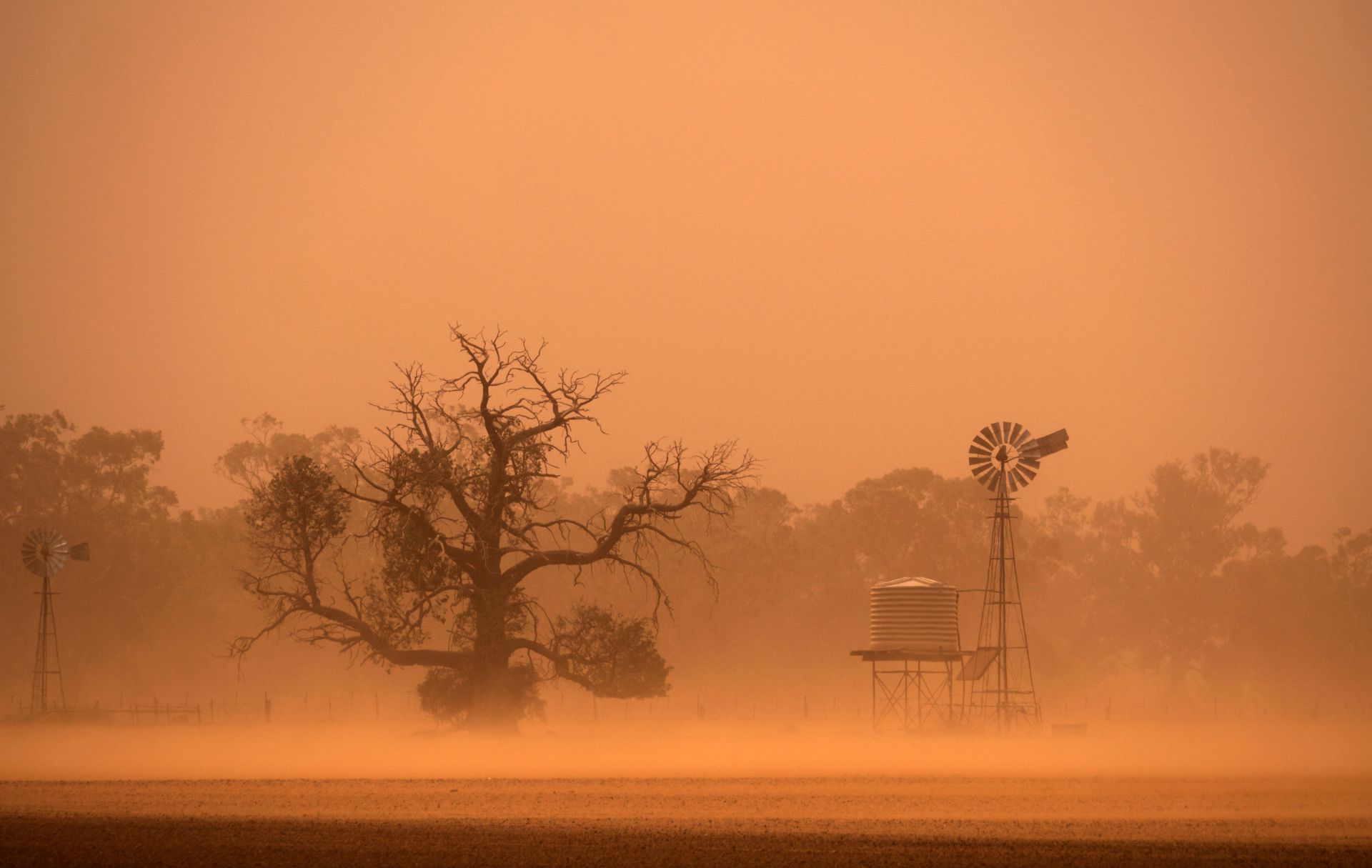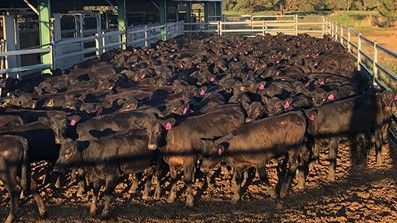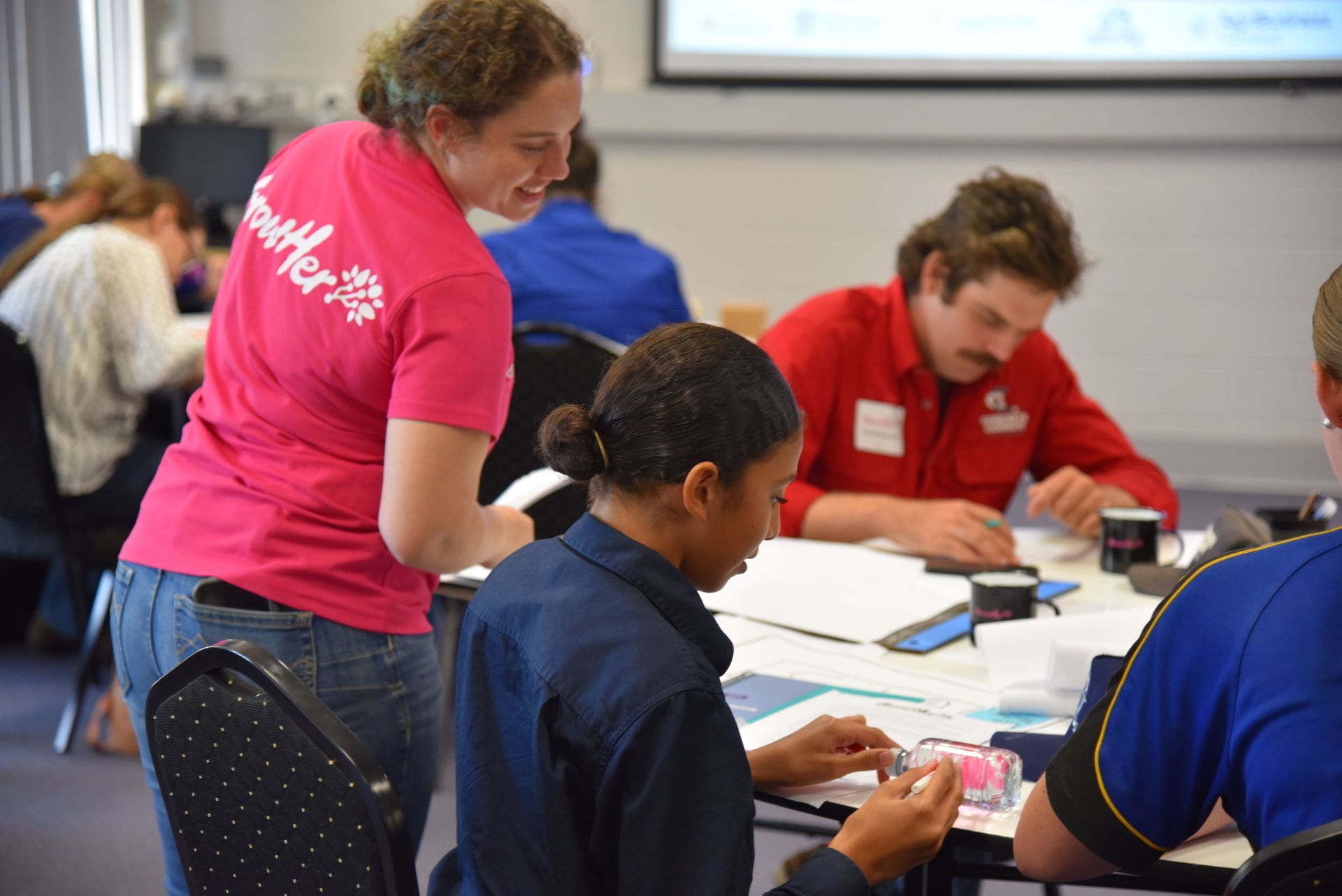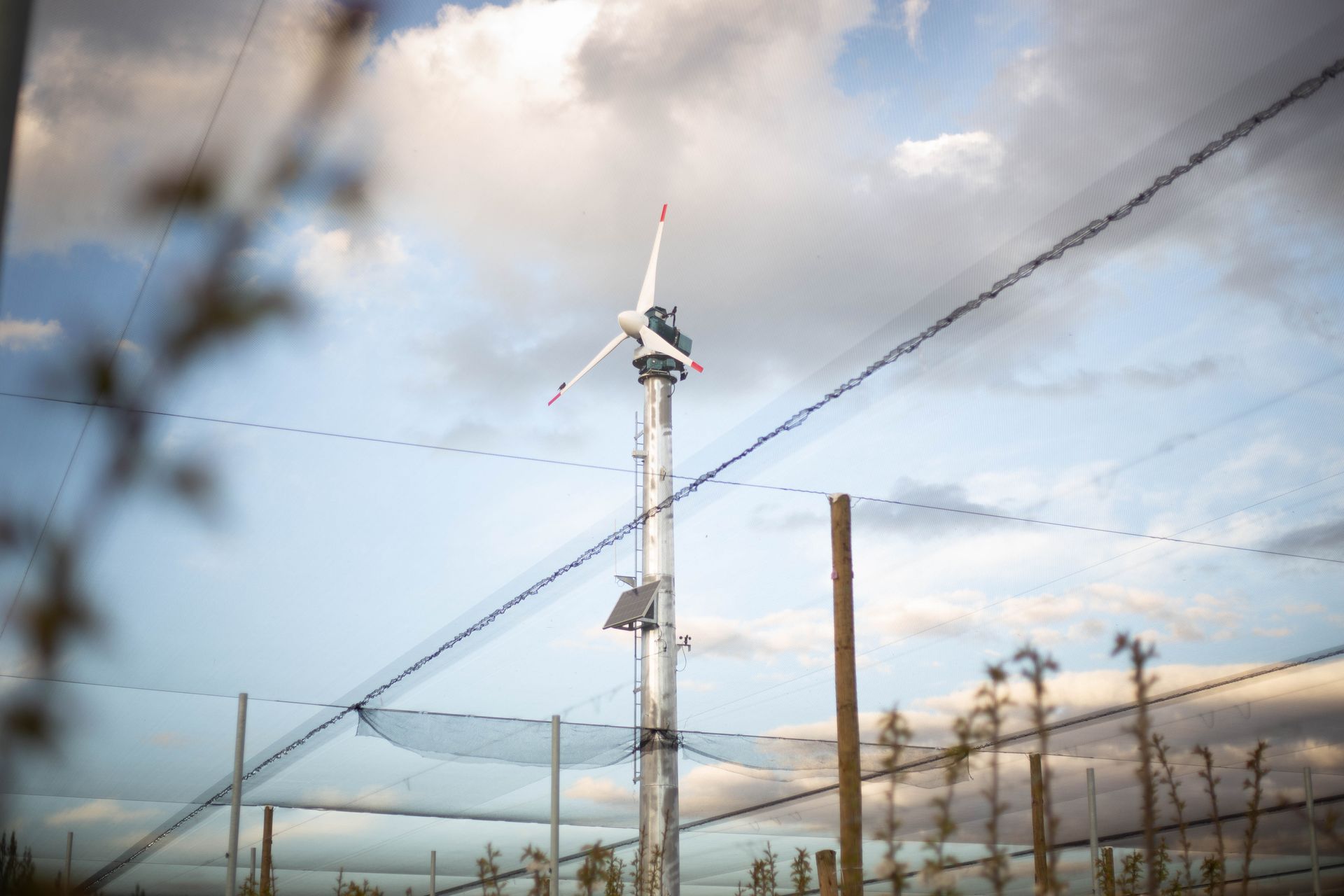Sarah Wheeler is a Matthew Flinders Professor of Water Economics in the College of Business, Government and Law in Flinders University, South Australia. She has published a number of articles on farmer, children, and rural community mental health and suicide issues.
Improving mental health help for farmers in the face of increased droughts and rising temperatures
Mental health issues in farmers are a rising concern, especially in the face of predicted increases in droughts and hotter conditions. We need to get better in dealing with and treating mental health conditions in rural communities.

As the driest inhabited continent in the world, Australia regularly experiences rainfall deficiency, prolonged drought, and hotter temperatures with future change predicted to heighten these extremes.
One area of growing concern is the link between the impacts of weather extremes on mental health, particularly in rural areas.
Droughts result in reduced agricultural production, increased financial hardship, degraded environmental conditions, and reduced regional employment opportunities. As a result, droughts can induce post-traumatic stress disorder, anxiety and depression, with hotter temperatures negatively influencing the central nervous system and moods.
Poor mental health is linked with higher suicide rates, and in Australia, the suicide rate in remote Australia has been found to be almost double that of major cities.
In a study published by my team this year in Climate Change Economics, research in the Murray-Darling Basin of Australia found that an increase in extreme drought occurrence in the previous 12 months was strongly associated with the suicide rate increasing by almost a third. Moderate drought was also found associated with an increasing suicide rate, but only by a small margin.
Hotter temperatures were also positively linked to a rise in the total suicide rate. The more farmers within an area studied, the higher the suicide rate, and the suicide of males and younger age groups were more positively associated with extreme drought and higher temperatures.
They reported that close to half of Australian farmers had thoughts of self-harm or suicide, with the three biggest factors affecting mental health being weather or natural disasters; financial stress; and inflation and cost pressures.
Weather and natural disasters were said to have caused financial burden, negative impact on animals and loss of stock; and a difficult and costly rebuild and recovery process.
As drought and other natural weather events progressively become more severe, as is predicted with future climate change predictions, we need to design more effective mental health interventions, as well as putting policies in place to deal with climate change.
Many have emphasised the need for a systems approach to suicide prevention, which essentially means treating this issue as a complex whole while also accounting for the many constituent parts that often are interconnected and have interdependencies, as well as increased access to (and funding of) mental health support in rural communities. Current interventions in the bush range from telehealth and medical services; to primary health networks services; to men’s sheds; to drought counselling.
Breaking down deeply held stigmas around mental health issues, especially for men, is very important, and what also seems to be key is that farmers prefer talking to people whom they already have an existing relationship. Hence, there are calls for farmers to “check in on a mate” and create a “Farmers’ Army” of mental health advocates.
In addition, given the important interrelated relationship between weather and natural disasters and financial hardship, there is a need to promote: alternative forms of income on-farm (including from natural capital); drought preparedness; improved financial accounting and literacy; appropriate regional economic and social development policies; and aiding farm exit where necessary. Greater research in understanding the problem and its solutions is also critical. The aim is to try to create numerous ways in trying to deal successfully with this wicked problem, to work towards better mental health for all those in the bush.
If you or anyone you know needs help:
· Lifeline on 13 11 14
· Kids Helpline on 1800 551 800
· Beyond Blue on 1300 224 636
· Suicide Call Back Service on 1300 659 467
· Headspace on 1800 650 890
· ReachOut at au.reachout.com
· MensLine Australia on 1300 789 978
· Care Leavers Australasia Network (CLAN) on 1800 008 774
· Head to Health at headtohealth.gov.au


A selection of The Australian Farmer Sponsors - Click on a banner below to find out more...















